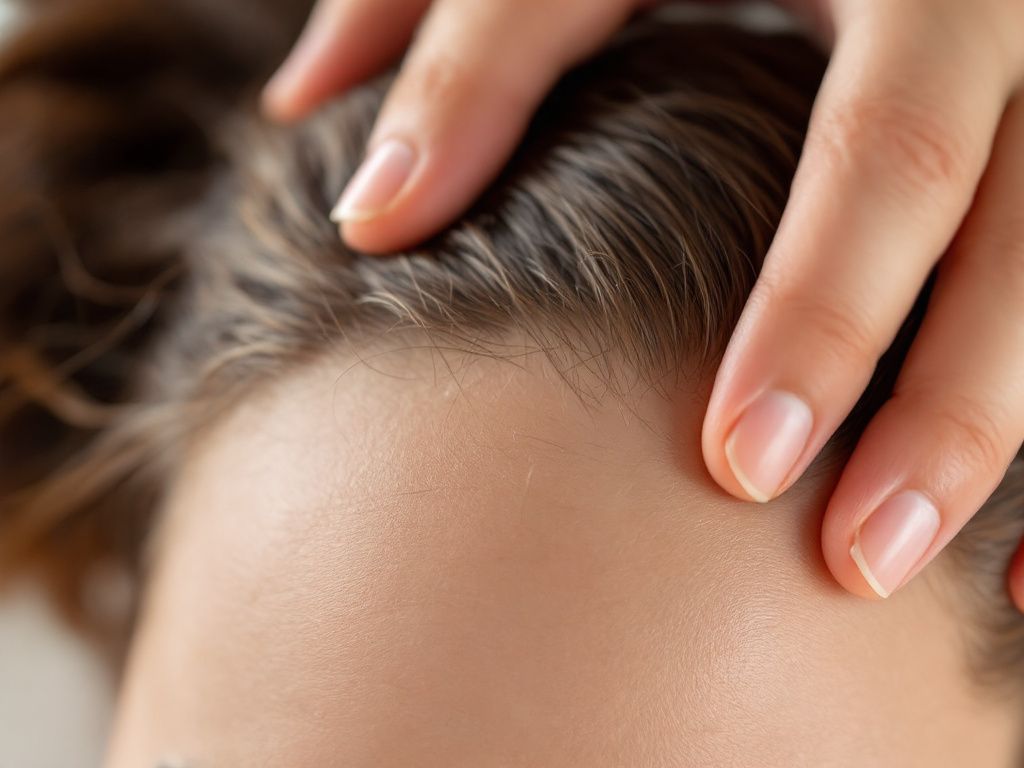[Ramadan Radiance] How to Care for Skin While Fasting
![[Ramadan Radiance] How to Care for Skin While Fasting](https://mohajba.com/wp-content/uploads/2025/04/ramadan_skin_care_feature-770x470.jpg)
As Ramadan approaches, faithful observers worldwide prepare not only for fasting but also for nurturing their spiritual and physical well-being. During this sacred month, focusing on skincare becomes critical as fasting can inadvertently impact your skin’s health. Whether you’re an experienced skincare enthusiast or someone looking to maintain your skin’s radiance throughout Ramadan, this guide will provide you with expert insights, practical tips, and comprehensive techniques to ensure your skin remains healthy and vibrant.
Understanding the Impact of Fasting on Your Skin
Fasting, an integral part of Ramadan, involves refraining from food and drink from dawn until sunset. While fasting has numerous health benefits, it also challenges the body’s hydration levels and nutrient availability. These factors, in turn, impact the skin, potentially leading to dryness, dullness, and breakouts.
**Research Insights:** According to a study published in the *Journal of Human Nutrition and Dietetics*, fasting can diminish skin hydration by reducing water content in the epidermis. Consequently, this can accelerate skin aging and compromise its barrier function.
The Hydration Paradox
When fasting, maintaining hydration is paramount. Without the typical water intake throughout the day, your skin may become dehydrated. However, with strategic timing and appropriate products, you can mitigate these effects.
**Common Symptoms of Dehydration:**
- Tight, flaky skin
- Increased sensitivity
- Fine lines appearing more prominent
- Dull complexion
By understanding these aspects, you can proactively adopt skincare routines that supplement hydration and maintain your skin’s natural balance.

Essential Ramadan Skincare Practices 🌙
1. Prioritize Hydration
**Morning Routine (Pre-Dawn – Suhoor):**
- Hydrate Deeply: Start your day with a full glass of water. This kickstarts internal hydration.
- Humectant-Rich Products: Use products containing ingredients like hyaluronic acid and glycerin to draw moisture to the skin.
**Evening Routine (Post-Sunset – Iftar):**
- Non-Caffeine Intake: Opt for herbal teas or water-rich fruits to boost hydration levels.
- Nourishing Night Masks: Utilize overnight hydrating masks that lock in moisture while you sleep.
**Research Highlight:** The *Journal of Investigative Dermatology* reports that using humidifiers in living spaces can also aid in maintaining skin hydration by preserving ambient moisture during fasting hours.
2. Nutritional Support for the Skin
As fasting affects nutrient intake, focusing on nutrient-dense foods during Suhoor and Iftar can benefit your skin substantially.
- Antioxidant-Rich Foods: Incorporate berries, green leafy vegetables, and nuts to combat oxidative stress.
- Omega-3 Fatty Acids: Flaxseeds, walnuts, and salmon help reduce inflammation and maintain skin elasticity.
- Vitamin E & C: Essential for collagen production, improve skin texture and luminosity.
**Case Study Insight:** A research study by *Food & Nutrition Research* concluded that individuals consuming a diet high in fruits and vegetables displayed improved skin texture and reduced signs of aging.
3. Tailor Your Skincare Routine 🧴

Fasting periods demand a reassessment of your existing skincare products and routine. Here is a tailored regimen:
- Gentle Cleanser: Opt for sulfate-free, hydrating cleansers to preserve natural oils.
- Moisturizer Layering: Start with a lightweight moisturizer followed by a heavier cream to lock in moisture effectively.
- Sun Protection: Apply a broad-spectrum SPF to prevent further skin damage.
**Tip:** Pay attention to your skin’s reaction to various products during fasting. What works during regular days might need tweaking during Ramadan.
4. Stress Management and Its Role in Skincare
Fasting can sometimes increase stress levels, exacerbating conditions such as acne or eczema.
- Meditation and Relaxation: Implement daily practices like meditation to manage stress effectively.
- Sleep Quality: Ensure adequate sleep which is essential for skin repair and regeneration.
**Expert Note:** The *American Academy of Dermatology* states that stress management is crucial for maintaining healthy skin, advocating a holistic approach to skincare during Ramadan.
Advanced Techniques and Interventions
For those willing to go the extra mile, specific advanced techniques can offer significant benefits:
1. Facial Oils and Their Benefits
Selective use of facial oils can supplement the oil loss from dehydration:

- Argan Oil: Promotes balanced hydration without clogging pores.
- Rosehip Seed Oil: Rich in vitamins A and C, bolstering skin repair and collagen production.
2. Hydration Misting 🌿
Keeping a facial mist handy is an excellent way to refresh your skin:
- Use mists containing calming ingredients like aloe vera and chamomile.
- Mist throughout the day to maintain an immediate hydration boost.
**Result Emphasis:** Industry experts suggest chefs and flight attendants use similar hydration strategies, acting as evidence that such techniques support sustained skin hydration.
3. Professional Treatments and Their Timing
Consider scheduling treatments like hydra-facials or chemical peels post-Ramadan. Professional treatments during fasting might irritate the already sensitive skin.
Industry Standards and Best Practices
- Product Ingredients Analysis: Focus on alcohol-free, fragrance-free formulations to avoid exacerbating sensitivity.
- Technical Monitoring: Keep a skincare journal noting product responses, providing insights for adjustments.
- Collaborative Discussion: With dermatologists or skincare specialists, review product choices and tailored fasting skincare regimens.
Conclusion
Navigating skincare during Ramadan demands conscious adjustments in lifestyle and product choices. By prioritizing hydration, understanding the nutrition-skin link, and incorporating stress management into your routine, maintaining radiant, healthy skin is entirely achievable.
This well-researched guide aims to arm you with practical strategies and expert knowledge to ensure your Ramadan skincare is both effective and fulfilling. Taking these actionable items to heart will help you maintain your skin’s vitality throughout Ramadan, and pave the way for a joyful spiritual journey with radiance and grace.
Frequently Asked Questions
What are the benefits of using a hair mask in my hair care routine?
Using a hair mask can provide several benefits, including hydration, smoothing, strengthening, curl definition, heat protection, and damage repair. Hair masks infuse the hair with moisture, help coat the hair shaft to seal split ends, reduce breakage, and protect the hair from heat styling and environmental damage[1][4].
What ingredients should I look for in a hair mask?
Effective hair masks often include ingredients such as coconut oil, argan oil, shea butter, honey, avocado oil, green tea, and coconut water. These ingredients provide nourishment, moisturize, and protect the hair, offering benefits like softening, moisturizing, and protecting against damage[2][5].
How often should I use a hair mask in my routine?
You should use a hair mask whenever your hair feels dry, unmanageable, or in need of intense hydration. This can vary depending on your hair type and needs, but generally, using a hair mask once or twice a week can help maintain healthy and moisturized hair[1][4].
How do I apply a hair mask for the best results?
To apply a hair mask effectively, shampoo your hair first, then apply the mask, focusing especially on the ends where hair tends to be the most damaged. Leave the mask on for anywhere from 10 minutes to overnight, depending on the type of mask and your hair’s needs[1][4].
References






